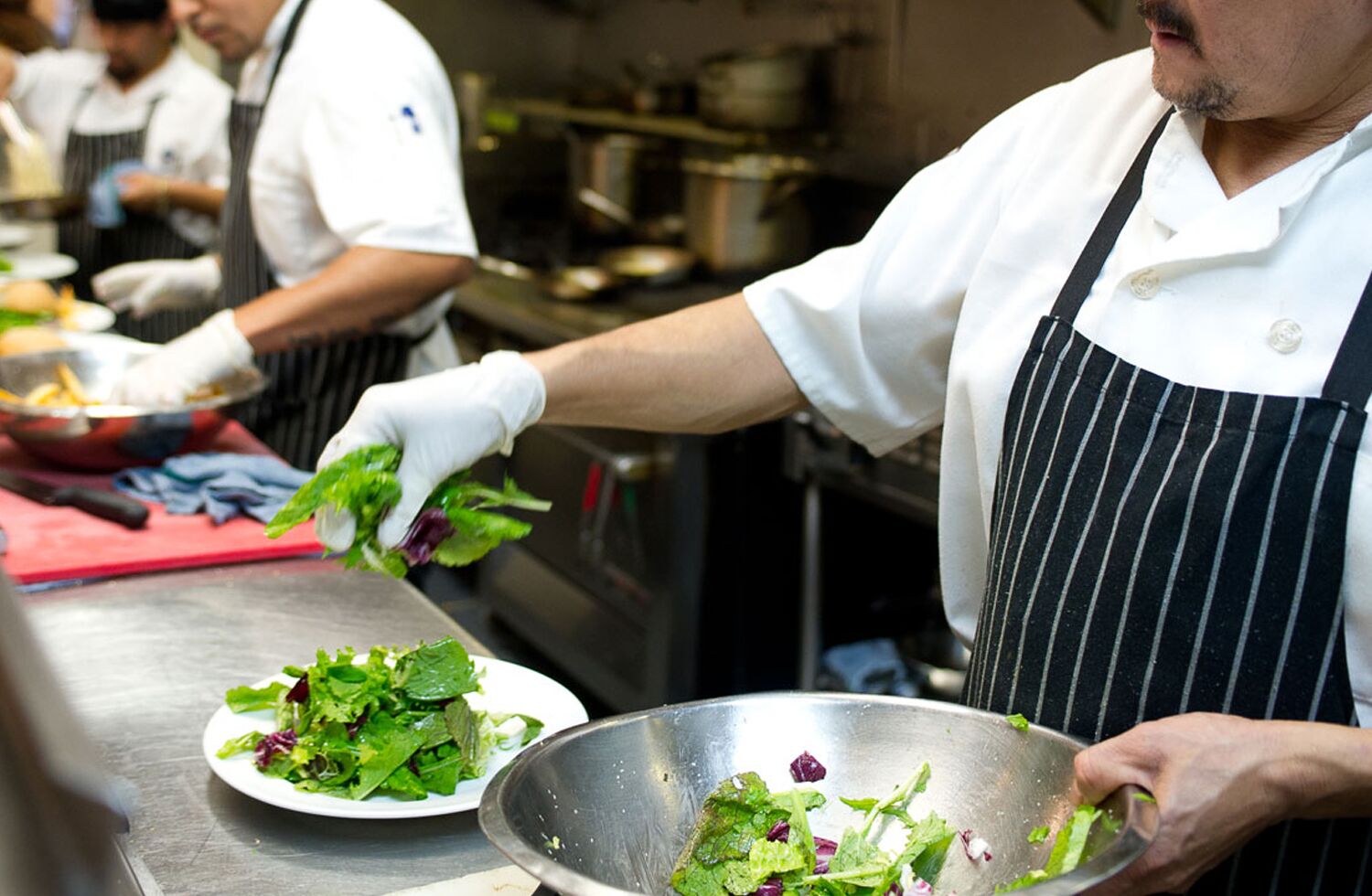The Local newsletter is your free, daily guide to life in Colorado. For locals, by locals.
Do you care about where your food comes from? You’re not alone, and as of yesterday, there’s a new list in the making that will celebrate and reward chefs who are transparent about the way they buy food at the state, regional, and national level.
Founded by 20-year Colorado food industry vet and entrepreneur Sara Brito (with seed funding from Jeff Hermanson, CEO of Denver’s Larimer Associates), the Good Food 100 Restaurants list will be based on hard data—not on how a restaurant’s food tastes or the dining room decor—thanks to a 10-step, 25-question annual survey that chefs will take to prove where their purchasing dollars go. The goal of the survey is to show what percentage of a restaurant’s spending goes to sustainable “good food” purveyors.

Seven local restaurants participated in the pilot survey last year, revealing that the money they spent resulted in a $7.4 million economic impact just from the foods they bought within Colorado. But the Good Food 100 has a national focus and loftier goals. Today, star chefs such as Rick Bayless and Hugh Acheson, as well as many more across the country, have committed to taking the survey. Participants also include local favorites: Alex Seidel (Fruition Restaurant, Mercantile Dining & Provision), Kelly Whitaker (Basta), Daniel Asher (River & Woods), Lachlan Mackinnon-Patterson (Frasca, Pizzeria Locale), Kimbal Musk (The Kitchen, Next Door Eatery), Paul C. Reilly (Beast & Bottle, Coperta), Jennifer Jasinski (Rioja, Stoic & Genuine, Euclid Hall, Bistro Vendôme), and Snooze.
Diners can help, too (that means you!), by encouraging local restauranteurs to take the survey. The final list will rate on a link system of one to five, with five-link restaurants making the most beneficial impact on their communities through their purchases. Farmers stand to gain, too; if more than three chefs in an area use the same purveyor, the Good Food 100 Restaurants will promote that business through its public relations efforts. Badges, decals, and certificates will identify participants, and all restaurants will be acknowledged in the economic impact assessment that goes along with the list. The results of the first survey will come out in June, so stay tuned to find out which Colorado restaurants (and beyond) are doing the most good.








